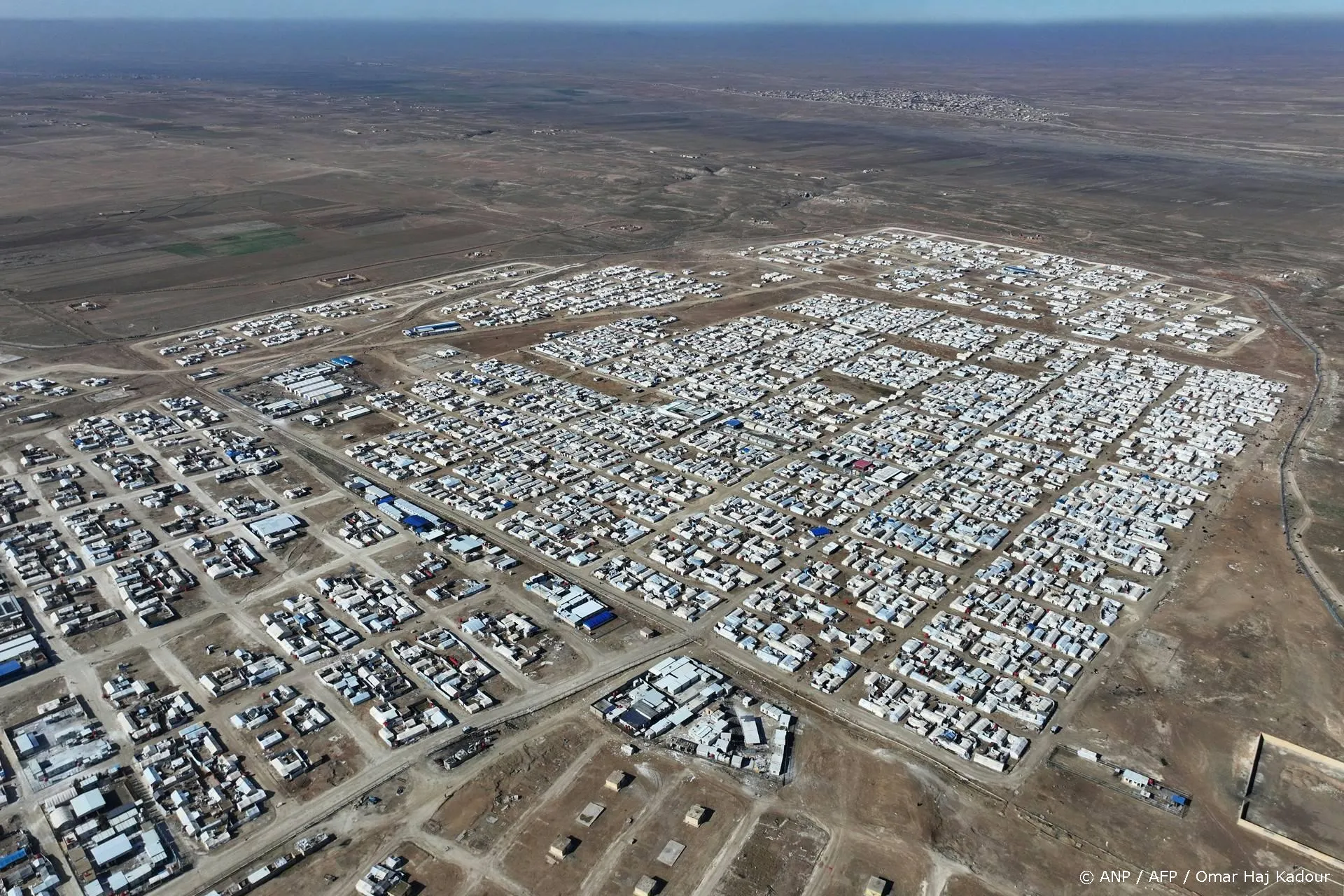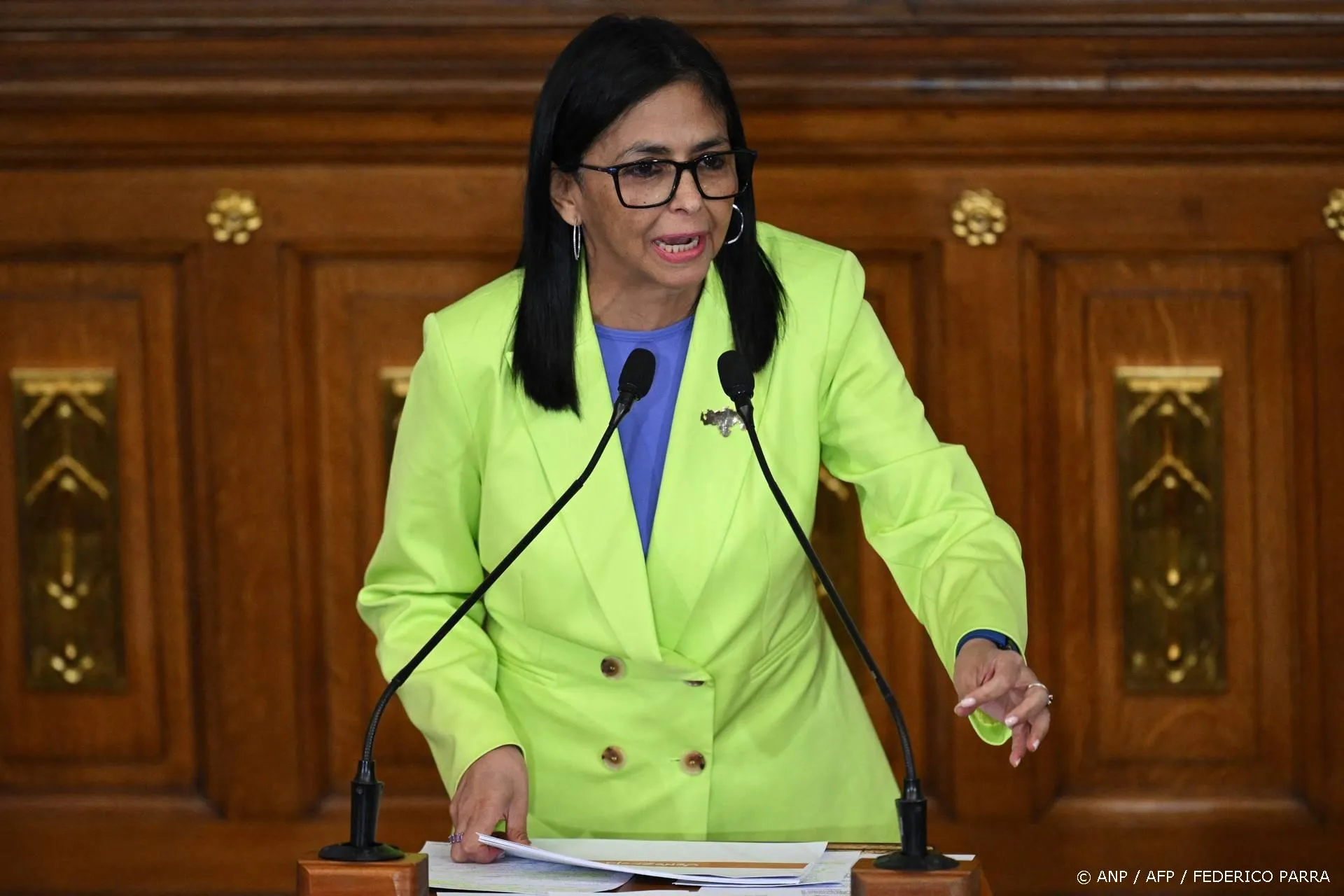Dit zijn niet de woorden van Nigel Farage of Geert Wilders, maar van eurocommissaris László Andor. Afgelopen maandag opgetekend in zijn VOX-EU artikel onder de titel 'Can we move beyond the Maastricht orthodoxy?' Deze column van de heer Andor is opmerkelijk en verdient derhalve een nadere beschouwing. Zij is vooral opmerkelijk, omdat Andor lid is van de Europese Commissie. Zijn portefeuille is Sociale Zaken en Werkgelegenheid, zeg maar de Europese Asscher. Het is opmerkelijk omdat Andor, als lid van de Commissie, openlijk kritiek uit op het functioneren van de huidige muntunie. Hij pleit voor 'een nieuw paradigma' en daarin heeft hij natuurlijk volkomen gelijk. Maar in plaats dat hij met een nieuw paradigma komt, blijft hij vasthouden aan het paradigma van de eenheidseuro van de huidige EMU. Hij vindt het alleen jammer dat de echte macht niet bij de Commissie ligt, maar bij de Raad. Maar goed, laten we eens even kijken wat Andor allemaal te melden heeft.
Andor schrijft onder meer:
"Let us not forget that the single currency never was a purely financial or economic project. It was launched two decades ago with a strong political mandate to help keeping Europe united. However, the euro can only fulfil its unifying mission if the costs and the benefits of the EMU are more fairly distributed among the participating Member States, and if the rules of the game help boosting the growth potential of all of them. To deliver this, we need a new paradigm.
With EU unemployment stabilised since the summer at around 26.6 million people, annual EU GDP growth projected at 0.0% and euro zone inflation hovering below 1%, 2013 might be considered the year of pure stagnation. Such an image, however, masks growing divergence in countries socio-economic outcomes, particularly inside the euro zone. The core-periphery gaps in unemployment rates, NEET rates, household income developments, at-risk-of-poverty rates or income inequalities keep widening."
Andor erkent dus het falen van de eenheidseuro door het ontbreken van wisselkoersmechanismen en een landenspecifiek rentebeleid. Mooi, dat is winst. Hij zegt -vijf jaar na dato!- dat de EU dringend
een paradigma verandering nodig heeft om een einde te maken aan de massale werkloosheid, de economische krimp en de sociale ontwrichting die dit met zich meebrengt voor grote delen van de eurozone. Wellicht heeft hij ook de paper van
het Internationale Rode Kruis van oktober jongstleden gelezen en op zich laten in werken.
Hij beklaagt zich over de weinig efficiënte en ongestructureerde aanpak door de EU van de problemen:
"However, in the absence of a manifest new policy paradigm, the small steps of the economic recovery appear to be random or improvised. Without structured and intellectually coherent thinking about the way forward it is also more difficult to identify the further measures that are needed, and choose the right speed of implementation. In the last 18 months, we have been in a mental transition from the old paradigm which I call Maastricht orthodoxy and some others call Berlin consensus. In the first phase of the euro zone crisis, this paradigm delivered the software for the very incremental crisis response often associated with the 'Merkozy' tandem. But while the approach to European economic policy has changed somewhat, it has not changed enough: the EMU construction continues to be fixed through small repairs, instead of addressing its fundamental design flaws."
Wederom benoemt Andor de huidige afwezigheid van een wisselkoersmechanisme binnen het Euro Pact om de socio-economische problematiek effectief te kunnen bestrijden als een probleem, waardoor de zwakke eurolanden zijn aangewezen op interne devaluatie alsmede het feit dat dit recept in die landen juist contraproductief uitpakt:
"In the absence of exchange rate adjustment, fiscal stimulus or temporarily higher inflation to accelerate the rebalancing process, reduction of labour costs and household incomes has been the main mechanism for troubled countries to improve their trade balance and achieve primary fiscal surplus so as to prove solvency to foreign creditors. Because internal devaluation at a time of deep downturn in the Baltic countries was followed by a rebound in GDP, the Maastricht orthodoxy tends to prescribe this recipe for simultaneous use even to much larger euro zone economies, despite its clearly contractionary effects and the fallacy of composition. While internal devaluation may increase profit margins in adjusting countries, this may not necessarily boost investment if the economic environment is contractionary and asset prices fail to fall as fast as wages and pensions. But even if internal devaluation were a good economic cure and a functional equivalent of currency devaluation, we would need to acknowledge that its social impact is much more severe than that of the pre-Maastricht version. Moreover, the euros appreciation since 2011 has largely neutralised the peripheral countries international competitiveness gains obtained through internal devaluation."
Andor bepleit een gestructureerde en intellectueel coherente aanpak van de materie. Maar hoe zou die paradigma verandering er volgens hem er dan uit moeten zien? Hij somt eerst de zes basisveronderstellingen van het Verdrag van Maastricht op, die naar zijn mening allemaal bijgesteld behoren te worden. Hij noemt achtereenvolgens:
1. The EMU can function and be sustainable without significant common fiscal capacity or institutionalised solidarity mechanisms between member states. Vrij vertaald: De muntunie kan functioneren zonder gemeenschappelijk begrotingsbeleid en zonder geïnstitutionaliseerd solidariteitsmechanisme.
2. Internal devaluation is the best, if not the only way to restore competitiveness on the Eurozone periphery. Vrij vertaald: Interne devaluatie is de beste, zo niet enige manier om concurrentiekracht in de perifere landen te herstellen.
3. All member states should have current account surpluses, and the bigger they are, the better off we will be. Vrij vertaald: Alle lidstaten behoren begrotingsoverschotten te hebben. Hoe hoger, hoe beter.
4. Unemployment is due to supply-side rigidities only. Vrij vertaald: Werkloosheid wordt slechts veroorzaakt door de (te lage) vraagzijde van de economie.
5. The ECB has to focus only on price stability (of AAA-rated countries). Vrij vertaald: De ECB moet zich alleen concetreren op prijsstabiliteit (van triple A landen).
6. Moral hazard is a greater risk than long-lasting recession on the EMU periphery. Vrij vertaald: Gebrek aan begrotingsdruk voor zwakke landen vormt een groter risico dan een langdurige recessie.
Andor is het met al deze punten dus oneens en concludeert dan ook:
"In conclusion, today's functioning of the EMU may be momentarily advantageous for capital-owners in the surplus countries and creditors at large, some of whom also espouse the 'Maastricht orthodoxy', but it is damaging for workers and entrepreneurs in the real economy, debtors of all types and most users of public services. (...) It is no surprise that a former President of the European Commission recently considered it necessary to encourage the formation of a Latin front as counterweight to Berlins views.
So can we move away from the failed orthodoxy? Could we start working on a Fair Deal? Can we start serious discussions about a more 'social Maastricht' or at least a more complete EMU with an institutional framework and policy mix that favour real economic growth over mere 'adjustment'? The key responsibility lies with each member of the European Council, as well as with leaders seeking a mandate from European Parliament elections. Real controversy is needed if any progress is to be made. (...) To deliver this, we need a new paradigm."
Wat Andor hier dus in feite zegt is dit: 'Maastricht' met haar willekeurige normen (de 60% en 3% eisen, red.) heeft niet gewerkt en daar moeten 'we' dus vanaf. Hier ligt een taak voor de Raad, om een einde te maken aan de Duitse dominantie inzake begrotingsbeleid (door de EC meer macht te geven, maar dat zegt hij er wijselijk nog nèt niet letterlijk bij). Nodig is een grenzeloze solidariteit tussen de Europese landen. Maar natuurlijk meneer Andor! Of het rijke Noorden maar even de portemonnee wil trekken voor het arme Zuiden!
Is dat uw nieuwe paradigma? Niks nieuws onder de zon dus, behalve dat u stringenter vast wil leggen, dat een transferunie noodzakelijk is voor de herverdeling van welvaart, zodat uw Commissie niet telkens met die lastige Raad van regeringsleiders wordt geconfronteerd.
Al in 2010 deed André ten Dam een aanzet tot zo'n nieuw euro paradigma:
Nu in allerijl op weg naar een Euro Pact nieuwe stijl. Wellicht dat Eurocommissaris Andor daar eens naar gaat kijken! Want een nieuw paradigma zou vanzelfsprekend tot doel moeten hebben om de welvaart in de eurozone te verhogen, niet om de armoede in Europa te herverdelen. En meneer Andor, de facto is de door u bepleitte 'grenzeloze solidariteit' allang het geval, hetgeen ook blijkt uit de contouren van de te vormen bankenunie, zoals die vandaag bekend zijn geworden. Maar daarover morgen meer.
Klik hier voor een overzicht van mijn columns en volg mij hier op Twitter. 

